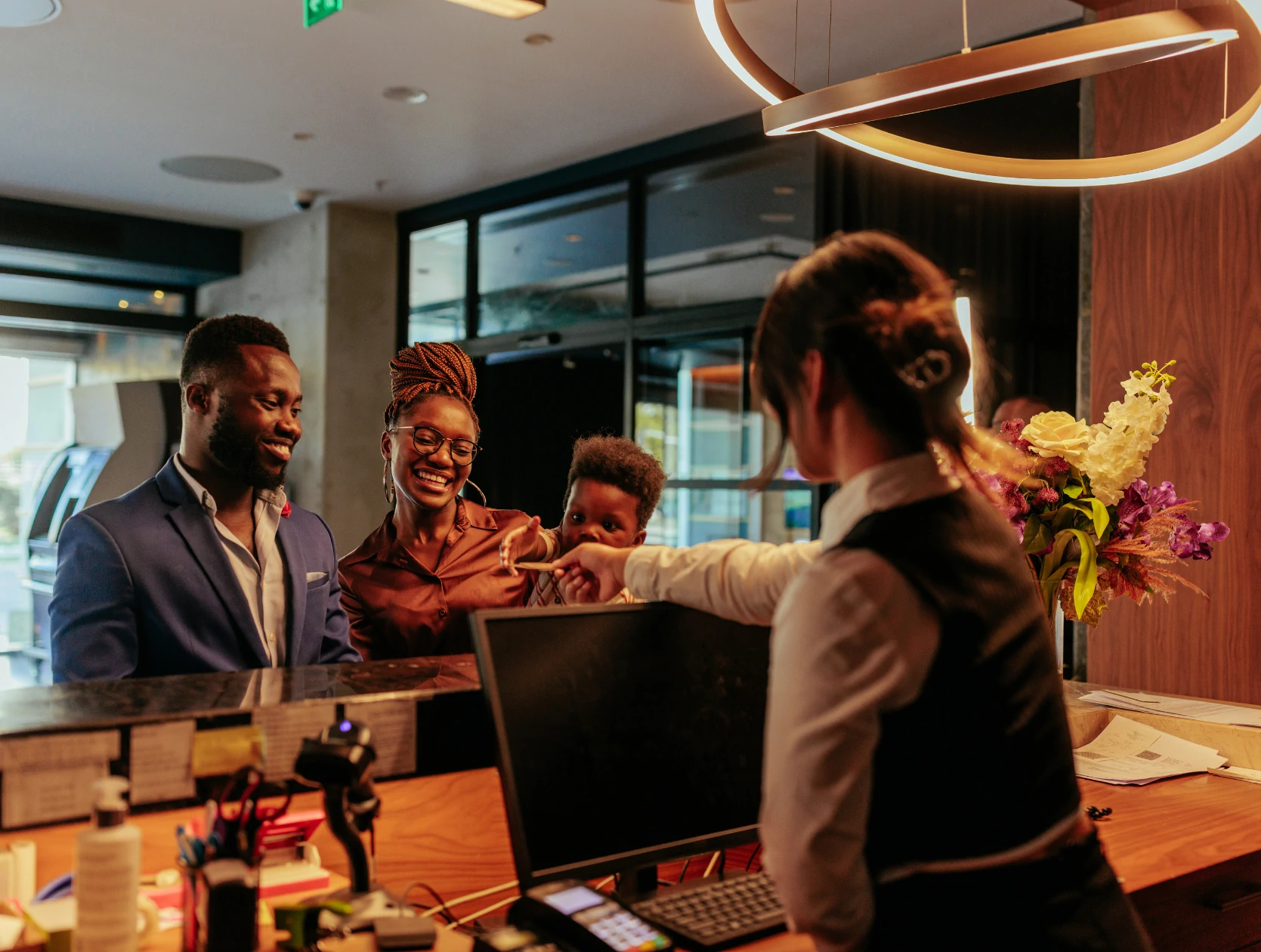2024-06-13
By: Advocate Brokerage

The hospitality industry thrives on creating a welcoming and memorable experience for guests. However, behind the scenes, hospitality businesses navigate a complex landscape of risks, unlike any other industry. Hospitality faces a constant flow of people and ever-changing regulations. This unique combination creates a heightened risk profile that demands proactive risk management.
Hospitality businesses are at a greater risk of fire accidents than others. There are multiple ignition sources, combustible content, and the potential for untrained employees. Hospitality businesses should ensure that all smoke detectors and fire alarms meet the most recent updates and specifications.
Hospitality industry locations are welcoming and, as such, invite a plethora of individuals in and out each day. This amplifies a business’s risk of slip-and-fall accidents/injuries. To minimize risk, hospitality managers should put safety first by implementing safety codes within high-risk areas, such as around pools, elevators, and stairwells. Backup lighting and clearly marked exits are also essential.
For establishments that serve alcohol, there are added risks and liabilities. Intoxicated patrons can harm themselves or others even after they leave the premises. The golden Rule here: train your staff to identify over-intoxication and instill the confidence to refuse service at their best discretion.
Hotels, restaurants, and even shopping centers often offer valet services, which opens an entirely new level of liability. To mitigate automobile liability risks, businesses should choose qualified drivers and complete thorough background checks before putting them in the driver’s seat. It might also be a smart idea to outsource transportation services to a company specializing in taking these risks.
Every day, customers enter information into their online portals, including their names, dates of birth, and credit card numbers. Businesses should stay cybersecurity-savvy by using the latest security protocols and employee training techniques. Cyber liability coverage can protect businesses in case of a breach.
Having people in close quarters with one another means that many types of airborne and surface-dwelling bacteria and germs thrive. Businesses should conduct routine air-quality surveys and take steps to ensure all of their high-touch surfaces are regularly cleaned and disinfected.
Contact your insurance Advocate today to discuss your hospitality insurance needs to ensure that you, your employees, and your patrons are properly protected.